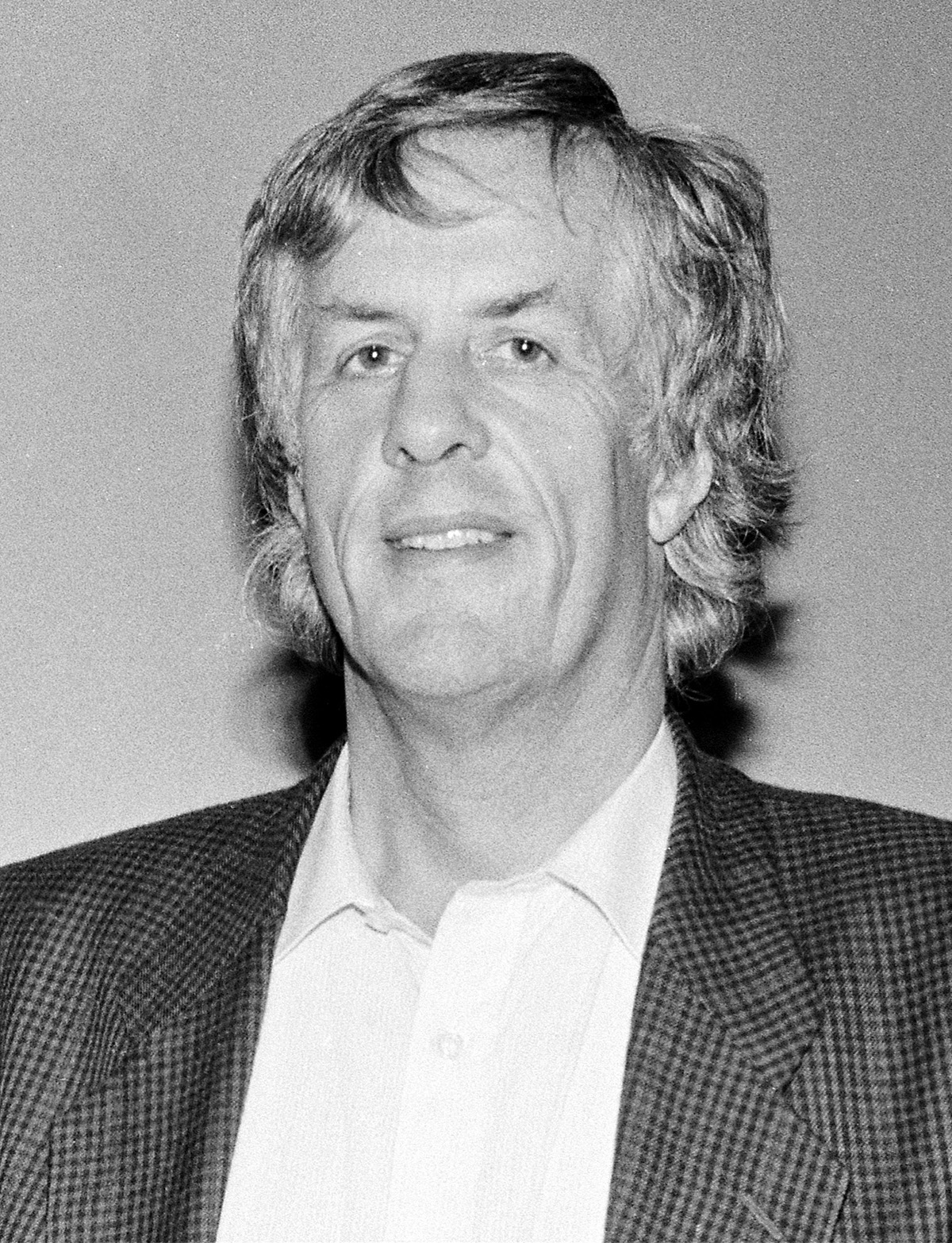
- Golden Globe Awards
Out of the Archives: Michael Apted on Dian Fossey
The British director Michael Apted, who passed away on January 7, 2021, was interviewed by HFPA journalists several times. This is what he said in 1988 about Gorillas in the Mist where Sigourney Weaver portrayed naturalist Dian Fossey.
“Sigourney was amazing with the gorillas, I can’t tell you enough what courage, what strength she had to do this. She really did fall in love with these wild animals. With the obsessiveness that she has as an actress, she channeled into her feelings for them, and she never complained about the difficult work in the mountains. It was inspiring for all of us to be there in Kenya, in this remote and very poor country, and to trod in the same path that Dian Fossey had trodden. Although we sometimes were miserable or cold, we always felt that we were part of her life.”
“The relationship with National Geographic photographer Bob Campbell (Bryan Brown) was the central love affair of Dian’s life, they were together for three or four years, and it was the best time in her life when he was there in Rwanda because he was helping her run the camp, but she never saw him ever again after he left. He did write to her, and she never returned his letters. What I wanted to tell was the story of her emotional development, the arc of her career, the changes in her mental state against the African story. At times I wondered whether the movie would actually ever been made, had Dian not been killed, had she not suffered her tragic death.”
“Louis Leakey’s whole theory was that the birth of man was in Africa, but the study of primates was just a small part of his work. I’m pretty sure that he never even read Dian Fossey’s research. He just got this lady to go out there to the Congo and to Rwanda to work for him, but he was much more interested in his archeological work, looking for bones and whatever.”
“If you get up close to these high primates, and you look into their eyes, you do feel a brotherhood, but you don’t know what kind of intelligence you are confronted with. This is why, as a measure for how we regard ourselves, it’s extremely important to keep studying these animals, to see what their patterns of behavior are. It is spooky and awesome to sit up close, look at them, and think, ‘Are we all from the same source?’ So now in Africa, we are trying to make the wildlife a priority, and we know that the mountain gorillas must be protected.”
“I was attracted to the story because it was not just about gorillas, but how we address the problems of the wild animals that are at risk and also the problems of the planet generally, the whole idea of what sort of planet we are going to hand over to generations that follow.”

